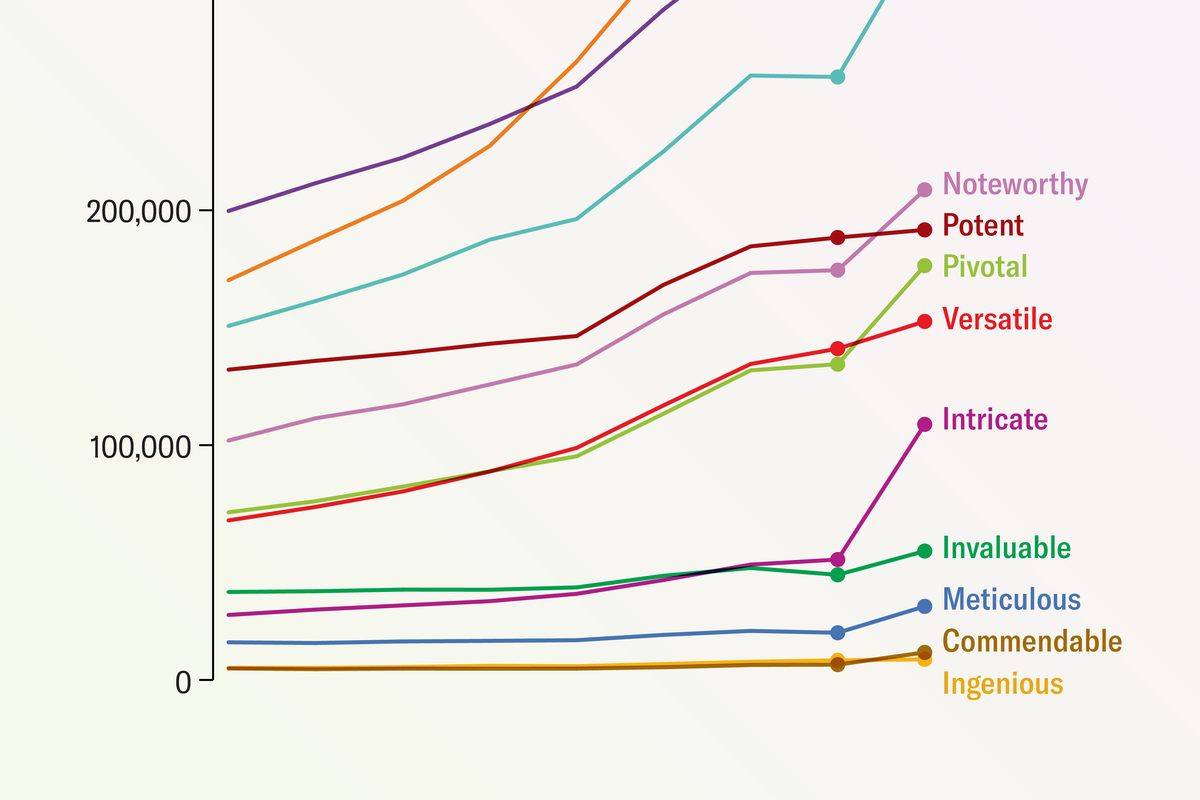Al-O-Meter
Well-Known Member
Researchers found that in the 5 year period between Feb 2020 and Feb 2024, roughly 1 scientific paper out of every 5 was fraudulent.
Journals owned by 217-year-old Wiley Science Publishing were among those to be shown publishing supposed “peer reviewed” fraud. To their credit, Wiley started their own investigation and discovered the researchers were correct. They found over 11,000 examples of obvious fraud with some journals being so rife with academic fraud that it wasn’t possible to save the journal.

 gnews.org
gnews.org

 www.scientificamerican.com
www.scientificamerican.com
Journals owned by 217-year-old Wiley Science Publishing were among those to be shown publishing supposed “peer reviewed” fraud. To their credit, Wiley started their own investigation and discovered the researchers were correct. They found over 11,000 examples of obvious fraud with some journals being so rife with academic fraud that it wasn’t possible to save the journal.

SCIENCE CLOWNS: Wiley shuts down over 11,000 fraudulent “peer-reviewed” papers that they previously published as cutting-edge science
John Wiley and Sons, a major academic publisher, is currently retracting more than 11,300 “peer-reviewed” science papers that they had previously published. These papers were once regarded as cutting-edge science and were cited numerous times by other academic researchers. Now these scientific...

AI Chatbots Have Thoroughly Infiltrated Scientific Publishing
One percent of scientific articles published in 2023 showed signs of generative AI’s potential involvement, according to a recent analysis
